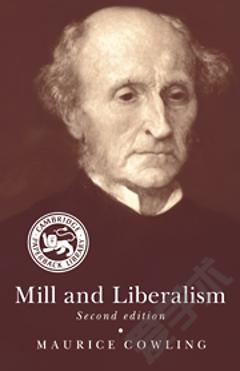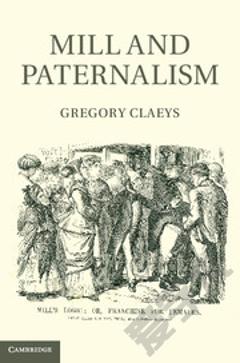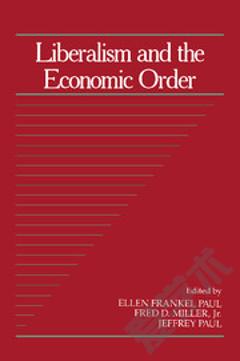Mill and Liberalism
The present writerâs account of the content of Millâs doctrine of Liberalism suggests that that doctrine was less libertarian and less simply individualistic than other writers have been willing to allow. On his view Millâs political, ethical, sociological and religious writings were an attempt to fill the place left vacant by the decrepitude of Christianity, and to provide a doctrine or religion which all men would find suitable as they passed out of the theological and metaphysical stages of world history, as Comte had conceived it, into the positive, scientific age which was about to arrive. Like Marx, Mill believed that his doctrine was particularly suitable to the historical conditions by which mankind was now confronted: like Marx he was assured of its indefeasibility. Millâs Liberalism no less than Marxâs Marxism claimed superiority over all competing doctrines. In the hands of both, a combination of spiritual self-confidence, synthetic history, unargued rhetoric and one-dimensional analysis of human existence produced a body of thinking whose object was to insinuate into the minds of men both an understanding of the nature of existence and a way of living practically in it which was characteristic of the orthodoxies against which Mill appeared to be protesting.
{{comment.content}}








 京公网安备 11010802027623号
京公网安备 11010802027623号